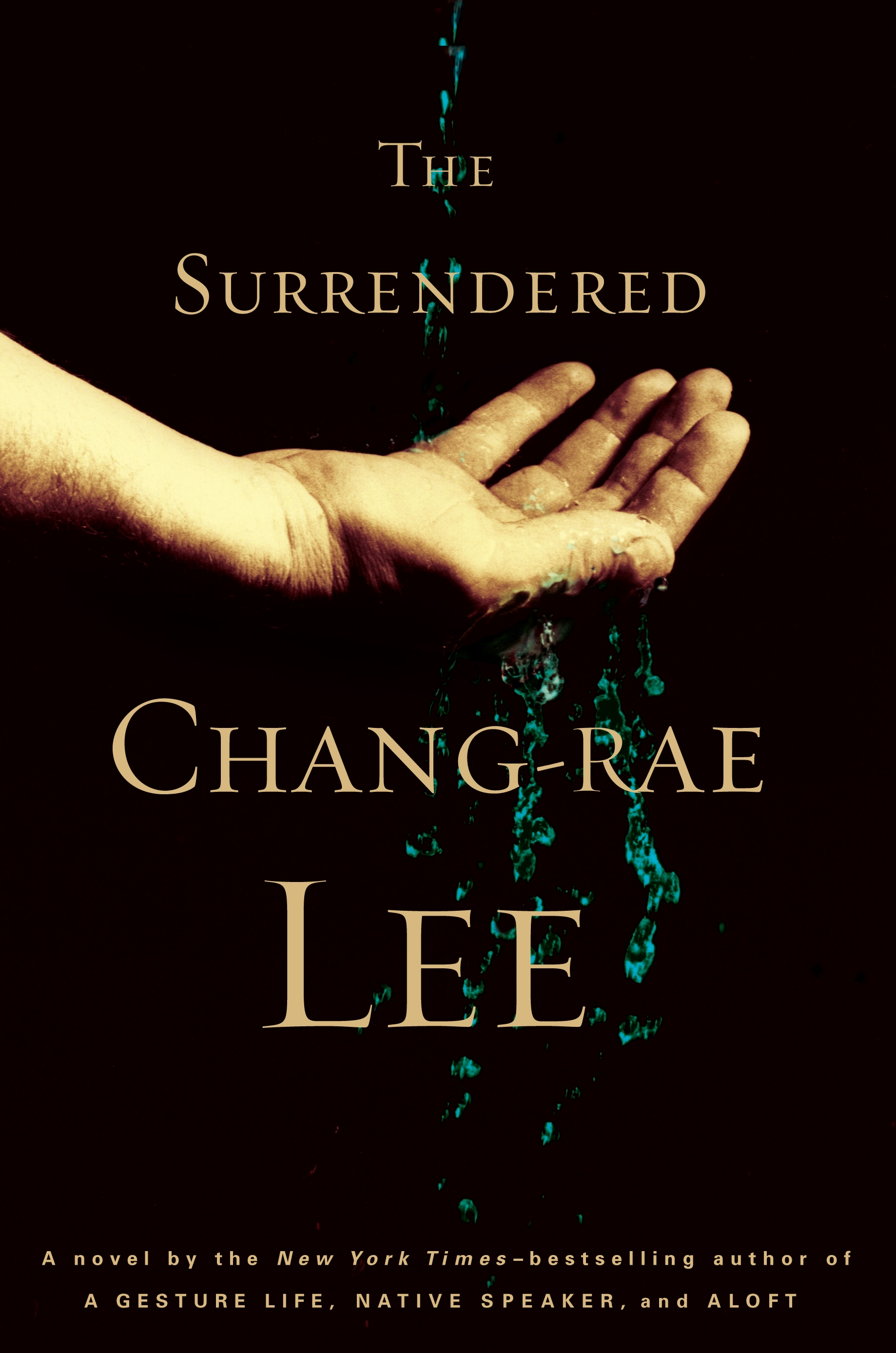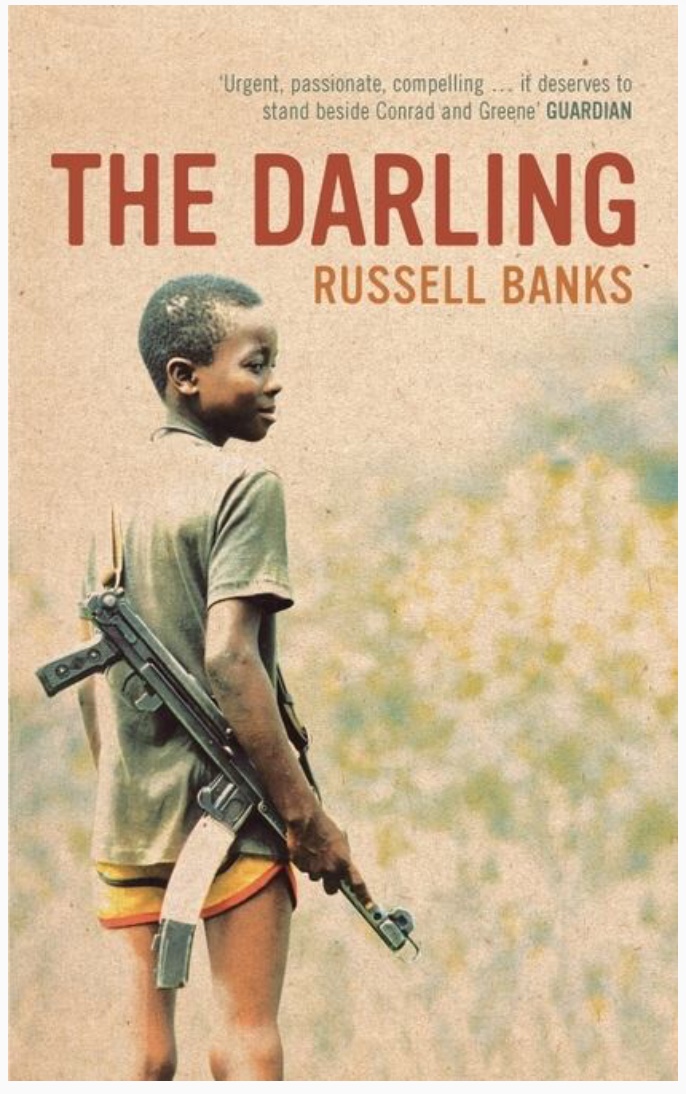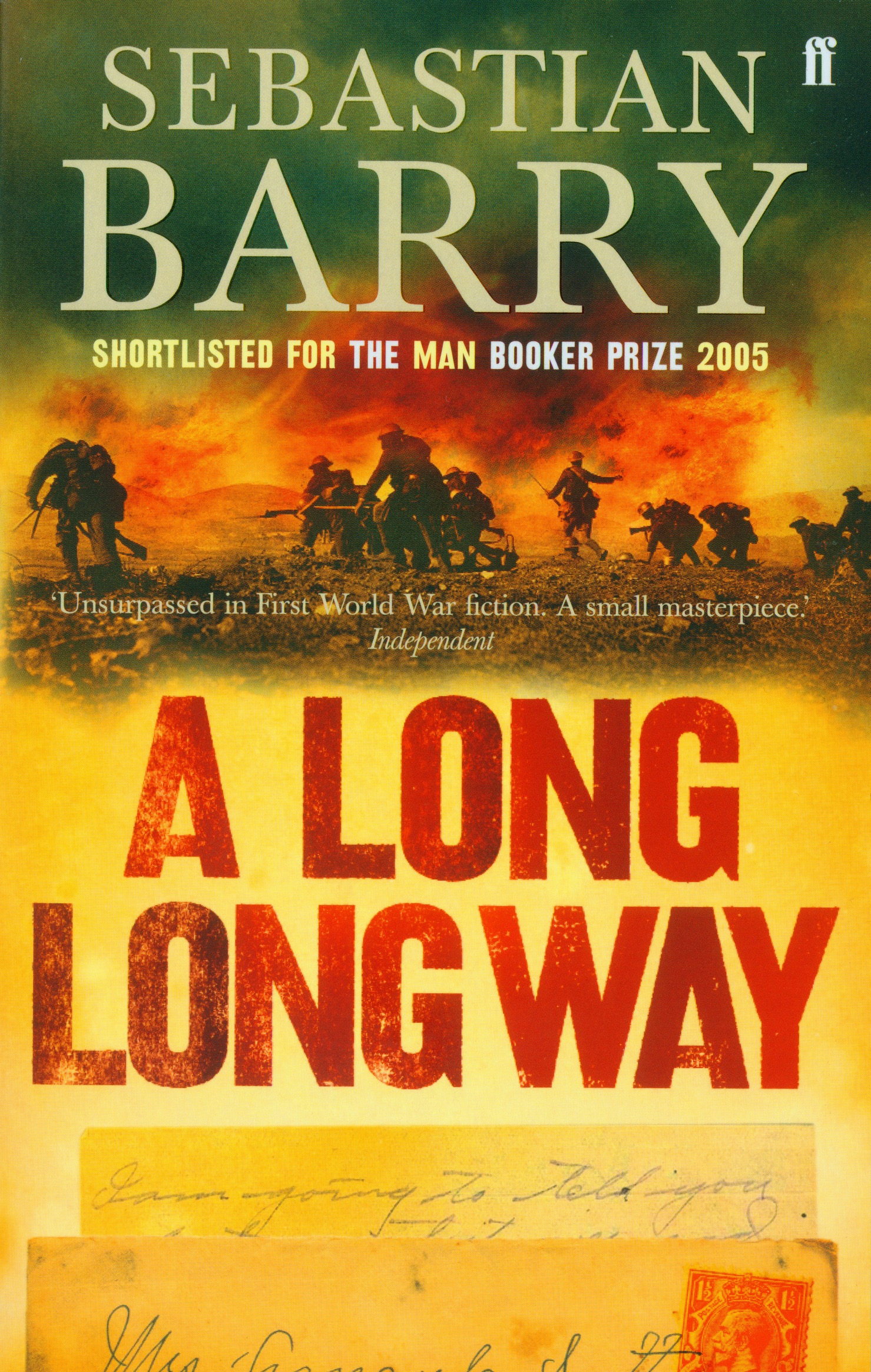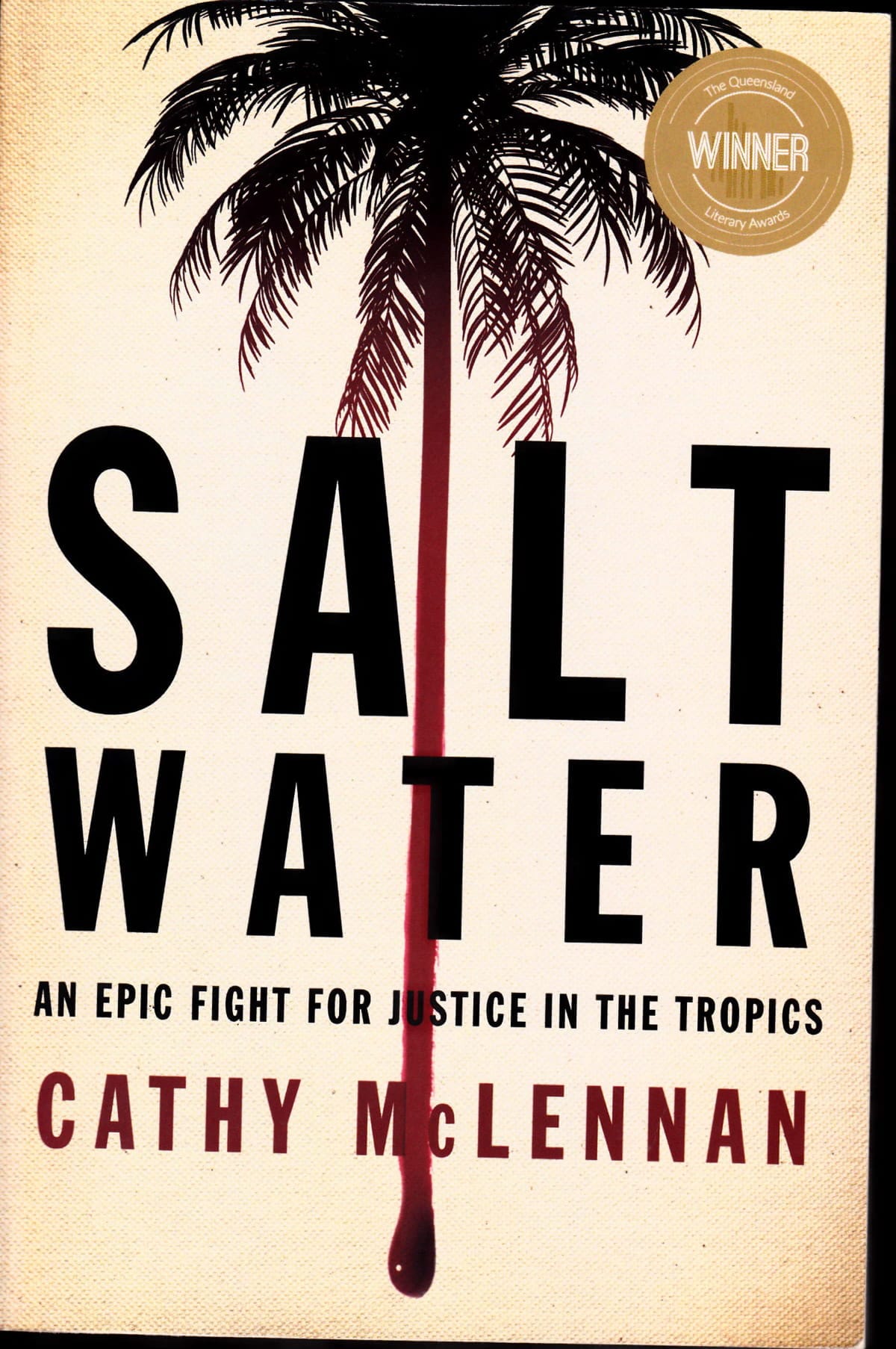War's long shadow
In an orphanage housing children who have barely survived the Korean War, the lives of three people become intricately entangled in Chang-rae Lee’s novel The Surrendered.Hector Brennan, an American soldier, has stayed in Korea looking for some kind of redemption; the war-traumatised and famished child June, sole survivor of her family, has followed Hector to the orphanage; and Sylvie Tanner, the missionary’s wife (and daughter of slain missionaries) has come to work there.
Each of them bears their damage in different ways. Sylvie injects herself with opiates to shut out the terrible fate of her first love and her parents in Manchuria. Hector, who has spent much of the war on burial detail, drinks himself into oblivion and fights whomever fronts up in the bars. June is angry and belligerent and alienates most of the people around her. It is not love they find, but need and passion and jealousy, and a way of surrendering to life.
Like Lee’s other books (Aloft, A Gesture Life, Native Speaker), The Surrendered roves back and forth in time. The past informs the present, the present illuminates the past. Episodes from Sylvie’s youth, travelling with her missionary parents in far-off lands; the terrifying journey June made with her family as war raged around them; and the brief interludes with Hector’s father, Jackie, are woven into what evolves in Korea in 1953 and the strange journey from New York to Italy that June persuades Hector to join in the mid-1980s. This pilgrimage is ostensibly to do with June’s son, Nicholas, but is actually taking them to the events that have defined their lives.
Fascinating to Sylvie during her time in Korea, and later to June, is the volume A Memory of Solferino by J. H. Dunant, the haunting account of the battle at Solferino in 1859 at which more than 9,000 people died and nearly 40,000 were wounded. The book is an important motif throughout The Surrendered and Solferino, significant not only for its slaughter and its nation-building (the battle led to the unification of Italy), but also as the catalyst for the establishment of the Red Cross at the instigation of Dunant, becomes the setting of the novel’s denouement.
In Lee’s books there is usually a character who battles with the idea of nationality and assimilation and belonging. In The Surrendered, that character is Nicholas, hovering just out of frame while the three characters with whom we are most concerned seem almost to have transcended nationality, demonstrating that suffering and longing and survival are universal traits and that war damages with a fierce impartiality.
Lee is sometimes ruthless with bit-players who threaten to muscle in on the action. The fate of Dora, for example, is almost John Irving-like in its abrupt tragedy. Her dismissal from the narrative lacks subtlety and is indicative of what may be a slight, persistent fault – a tendency to unlikely if convenient action to shift the narrative in a particular direction. Lee’s admirers are forgiving of this, as well as the sometimes formal speech patterns and the occasional anachronism (pantyhose in the Korean War, a “nurse practitioner” in 1930s Manchuria?), because of his strengths –characters that resonate, compelling stories, a compassionate pen that eviscerates and forgives, and swatches of exquisite writing. Also, the sheer joy he delivers by making fresh an unexpected word.
The New Yorker included Lee, an American writer born in Korea, in its 1999 list of 20 writers for the 21st Century. It is an accolade he continues to earn.
© Jennifer Moran






